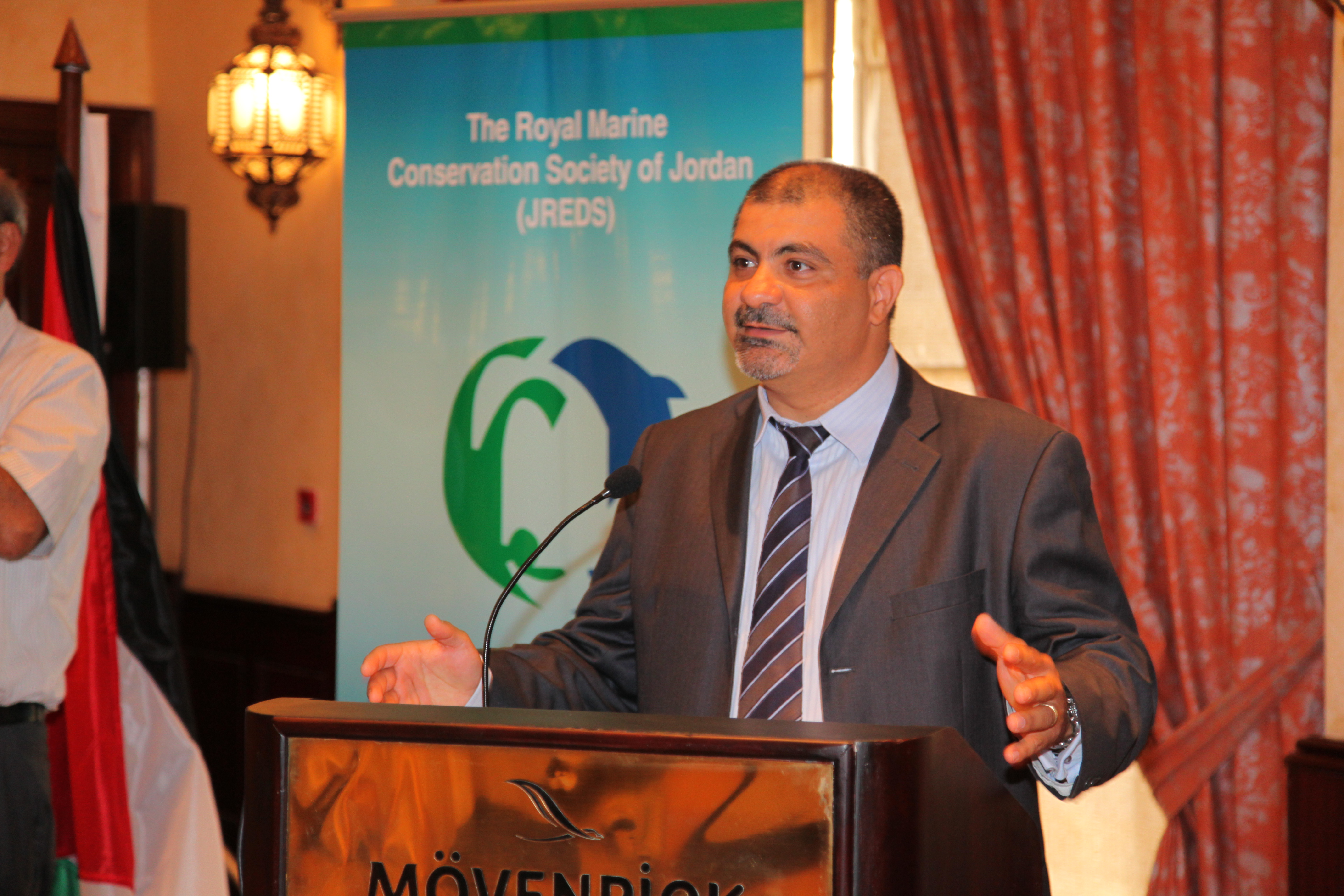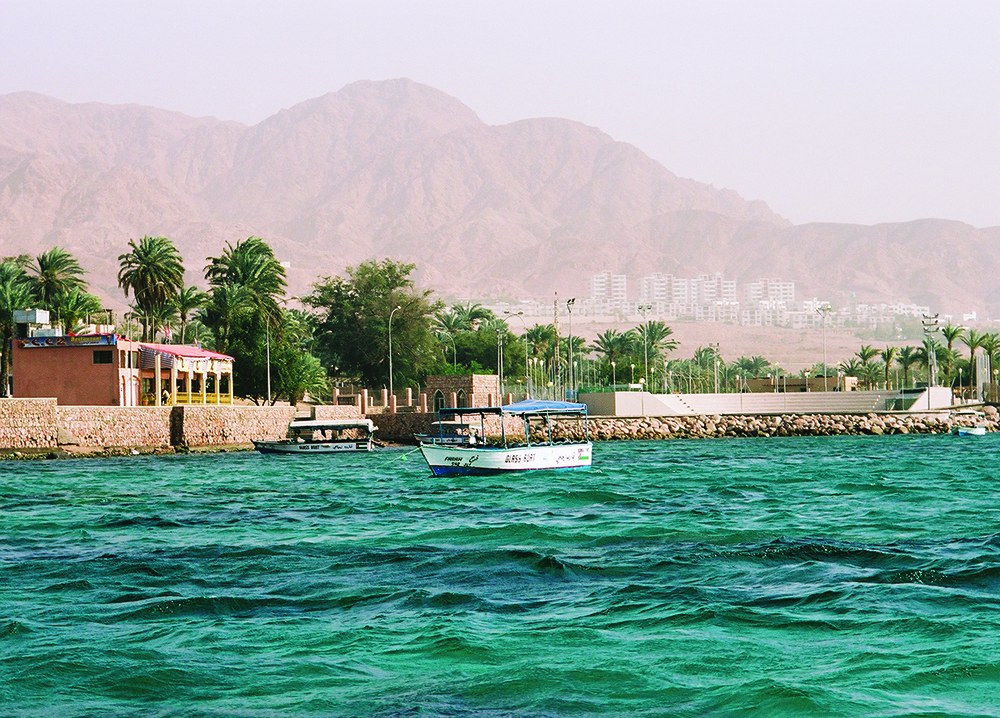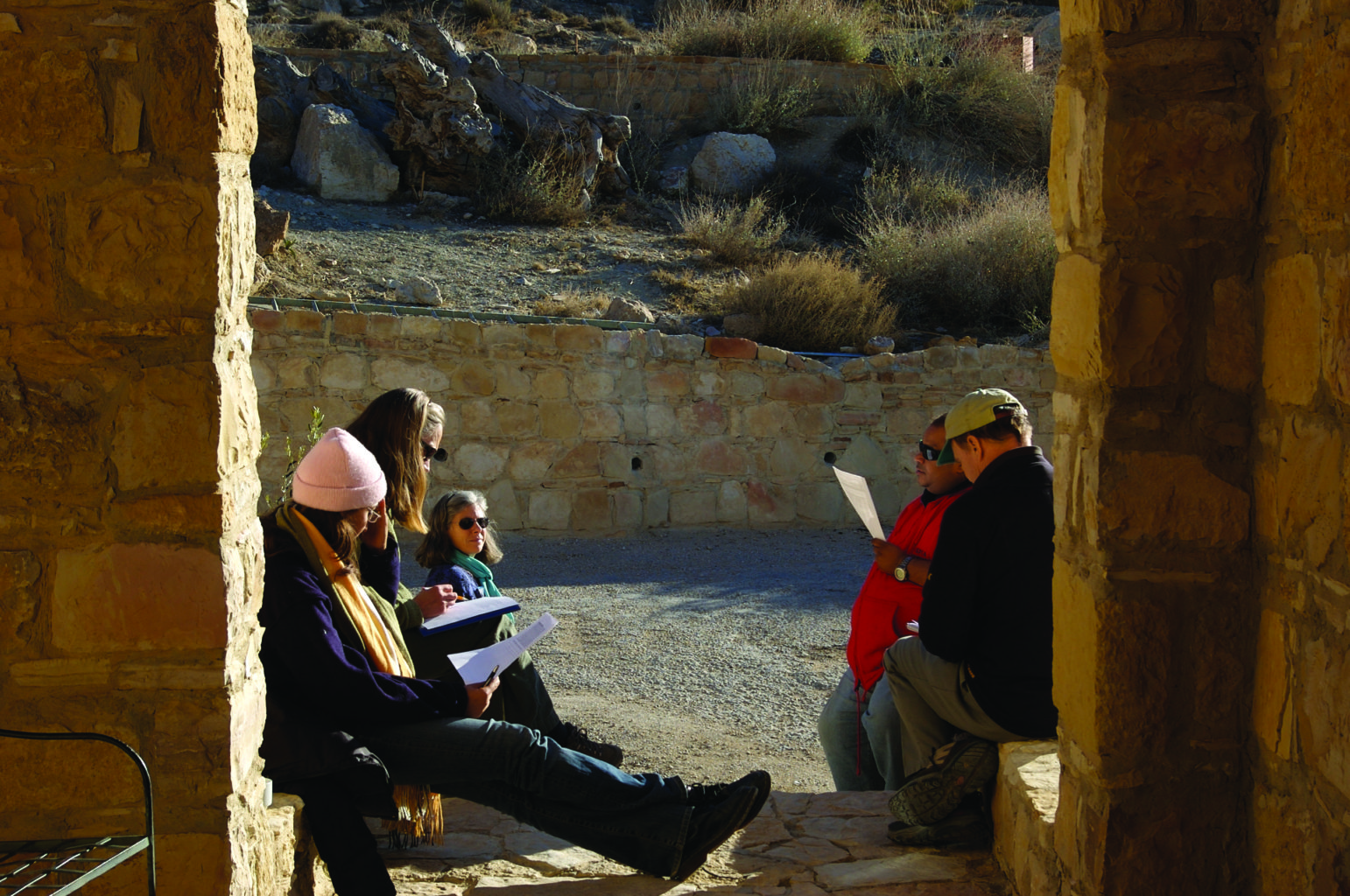For Fadi Sharaiha, the QLF experience is like a Turkish coffee. First, you heat the water. Then you add the coffee grounds, but it is not yet ready to drink. You must let the grounds sit in heated water before enjoying the coffee. In the end, the drink is more enjoyable for having invested in its long preparation. The benefits of participating in QLF programs continue long after the initial experience ends and transform into a process of continued collaboration and relationship-building.
QLF Experiences
Middle East Exchange Program, 2003
Developing Approaches for Preventing and Mitigating Community Conflict, 2006–2008
Fadi has a diverse academic background, which has informed an equally diverse career in social justice, including jobs at CARE Australia, Save the Children, and the Royal Marine Conservation Society of Jordan (JREDS). In 1992, Fadi graduated with a Bachelor of Science from the University of Jordan, where he studied agriculture and plant production. Four years later, he graduated from the Jordan Evangelical Theological Seminary with a Master’s in Philosophy and Comparative Religion. Later Fadi was awarded a diploma in permaculture design and sustainability studies from the Permaculture Research Institute. In his studies, Fadi developed an approach to social justice, which embraces civic engagement, dialogue, mutual understanding and finding common ground

Fadi presents his work as Executive Director of JREDS.
among peoples and community of diverse cultural contexts, and values holistic education in promoting change.
In 1996, Fadi had the opportunity to apply his agricultural education as an Agriculture Unit Leader with CARE International in Jordan. CARE, originally known as the Cooperative for American Remittances to Europe, works to fight poverty, advance social justice, and promote the economic welfare of program participants. With CARE, Fadi facilitated program activities and secured program funding. After three years with CARE, Fadi went on to work at Save the Children as an Institutional Development Manager where his focus was to build the capacity of the young entrepreneurs.
In 2000, Fadi became the Executive Director of the Royal Marine Conservation Society of Jordan (JREDS). In his subsequent ten years as Executive Director, Fadi revitalized the organization through its Conservation, Outreach and Advocacy Program, and Sustainable Development Program. Fadi’s time at JREDS influenced his approach to environmental conservation and stewardship, environmental education, and outreach. He applied this perspective to a fisheries conservation program, in which JREDS implemented a two-pronged approach

Gulf of Aqaba, Jordan. Aqaba is the only port in the Kingdom with direct access to the Red Sea and strategically located at the intersection of Jordan, Israel, Egypt, and Saudi Arabia (2007).
that included environmental education and a parallel micro-credit program for women in the community aimed at off-setting economic losses incurred from more responsible fishing practices.
In 2003, Fadi’s relationship with QLF began when he participated in QLF’s Middle East exchange to New England. Alongside participants from Israel, Palestine, and his home country (Jordan), Fadi visited NGOs and experienced the natural beauty of QLF’s home region — New England. Through sharing of knowledge and expertise and resources from host NGOs, Fadi remarks that he gained technical skills and a holistic approach to understanding of social justice, peace and reconciliation. He was inspired by the power of relationship-building between Jordanians, Arab and Jewish Israelis, and Palestinians each of whom shared in promoting social justice, and returned home with a renewed sense of responsibility to build civil society.

Fellows hiking in the Dana Nature Reserve, Jordan, on break during the Capacity and Consensus Building Workshop (2008). Dana is managed by the Jordanian Royal Society for the Conservation of Nature.
Returning to Jordan, Fadi’s work focused on shared regional environmental challenges as a vehicle for consensus-building. For example, managing a cross-border partnership between the Israeli city of Eilat and the Jordanian city of Aqaba, Fadi succeeded in protecting the coastline that Israel and Jordan share along the Gulf of Aqaba. After a decade with JREDS, Fadi transformed the organization into a thriving center for regional conservation and stewardship.
In 2010, Fadi moved his family to Toronto, Canada. There he began working with Youth Unlimited, an NGO with the programmatic mission to promote social justice and youth development in the Greater Toronto Area. Fadi worked with Youth Unlimited’s BluePrints Program, a youth entrepreneurship training program that helps young people develop and launch their own micro business. In 2015, Fadi also became an International Master Trainer for the United Nations Conference on Trade and Development to help build capacity of entrepreneurs. And, more recently, Fadi has begun his own organization, working as an International Development Expert, while continuing his affiliation with Youth Unlimited in a consulting capacity.
Finding common ground, critical to advancing cooperation, peace and reconciliation, remains the centerpiece of Fadi’s lifelong commitment to social justice and building civil society.

Capacity and Consensus Building Workshop (2008). Participants in a small group session, Dana Nature Reserve, Jordan






